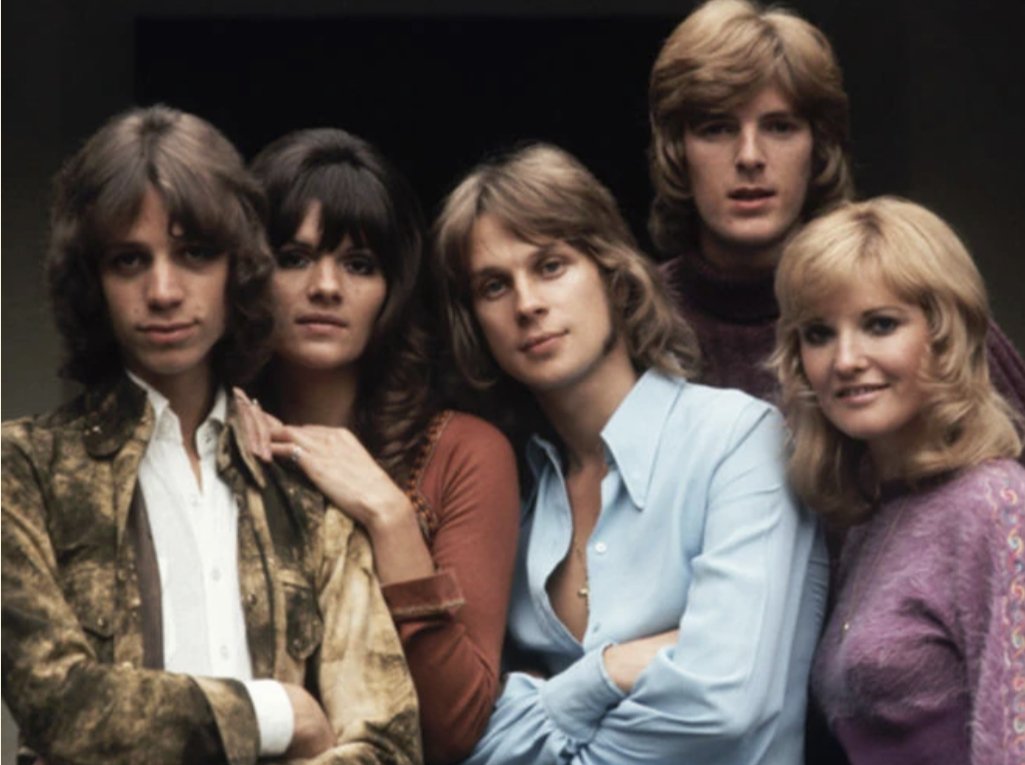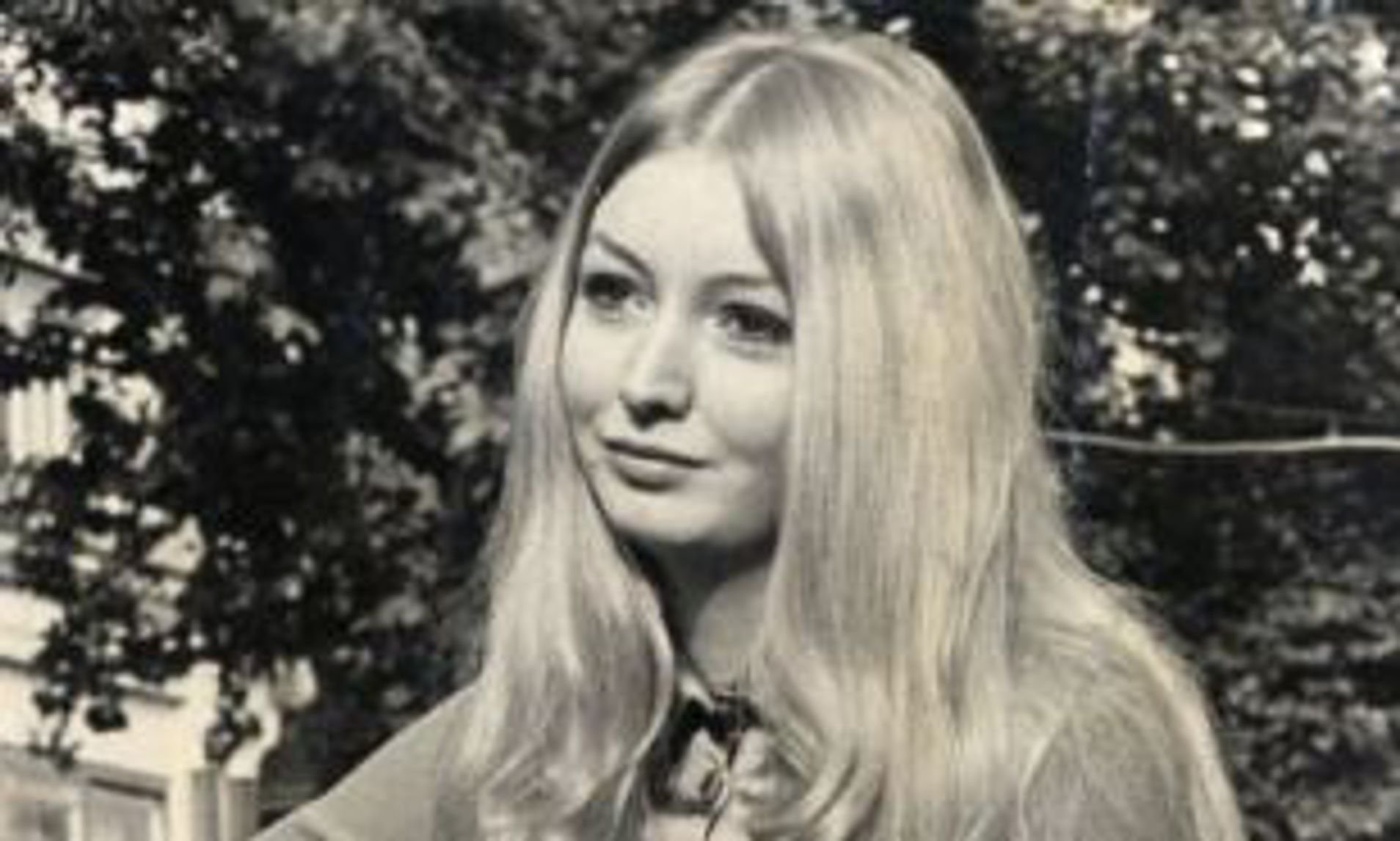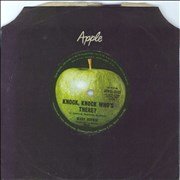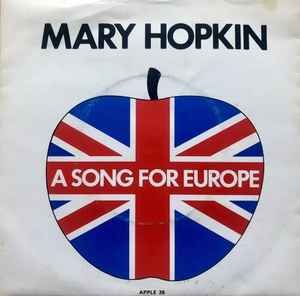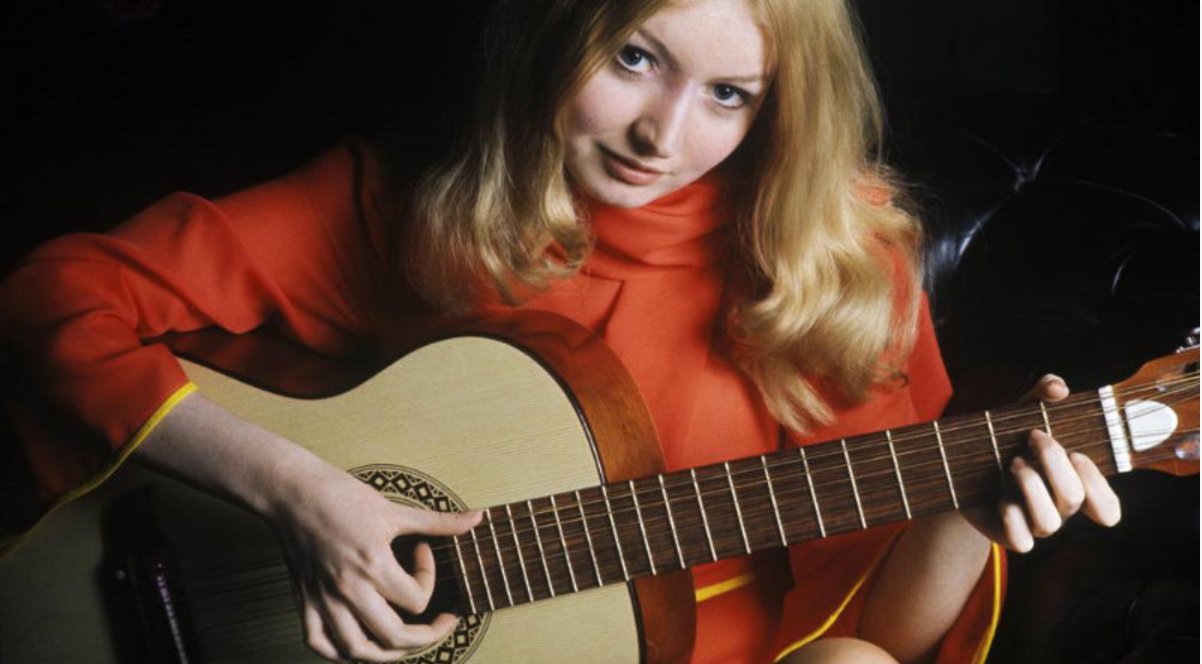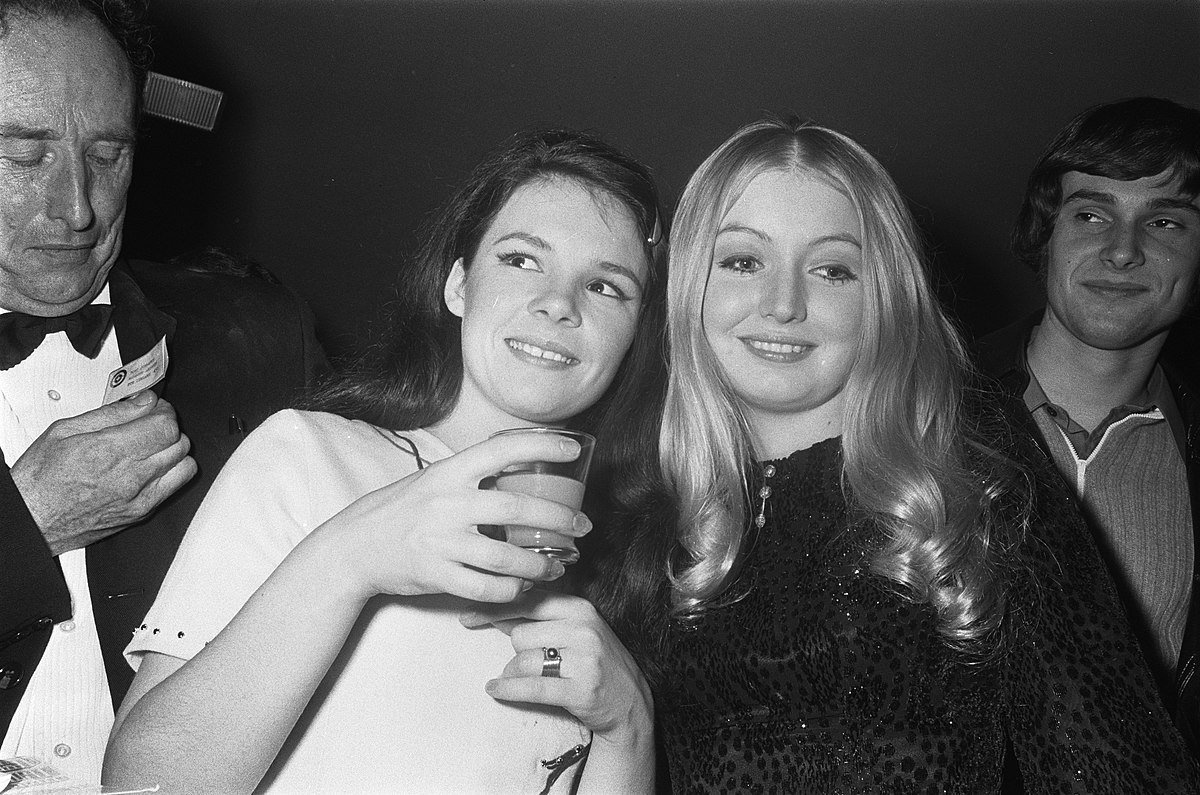Images may be subject to copyright
On this day, 3 April 1972, pop/folk group the New Seekers, Britain’s entry for the 1972 Eurovision Song Contest played Cardiff’s Capitol Theatre.
Formed in London in 1969 by Keith Potger after the break-up of his group, The Seekers.
The idea was that the New Seekers would appeal to the same market as the original Seekers, but their music would have pop as well as folk influences.
Almost immediately after their appearance at the Usher Hall, Edinburgh, in the 1972 Eurovision Song Contest, the New Seekers set off on their second tour of the UK. The artwork and photos used for the tour programme mirrored the artwork and photos on the sleeve of their Eurovision single Beg, Steal Or Borrow.
The group performed the following songs: Beautiful People; Beg, Steal Or Borrow; Blackberry Way; Fire And Rain / My Sweet Lord; Georgie Girl [sic]; Good Old Fashioned Music; 'Hair' Medley; I Believe In Music; I'd Like To Teach The World To Sing; I'm A Train; Look What They've Done To My Song, Ma; Never Ending Song Of Love; Nickel Song; One; Tonight; When There's No Love Left.




